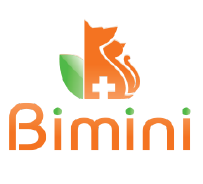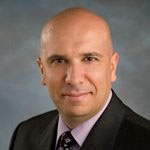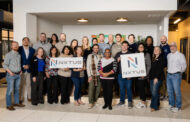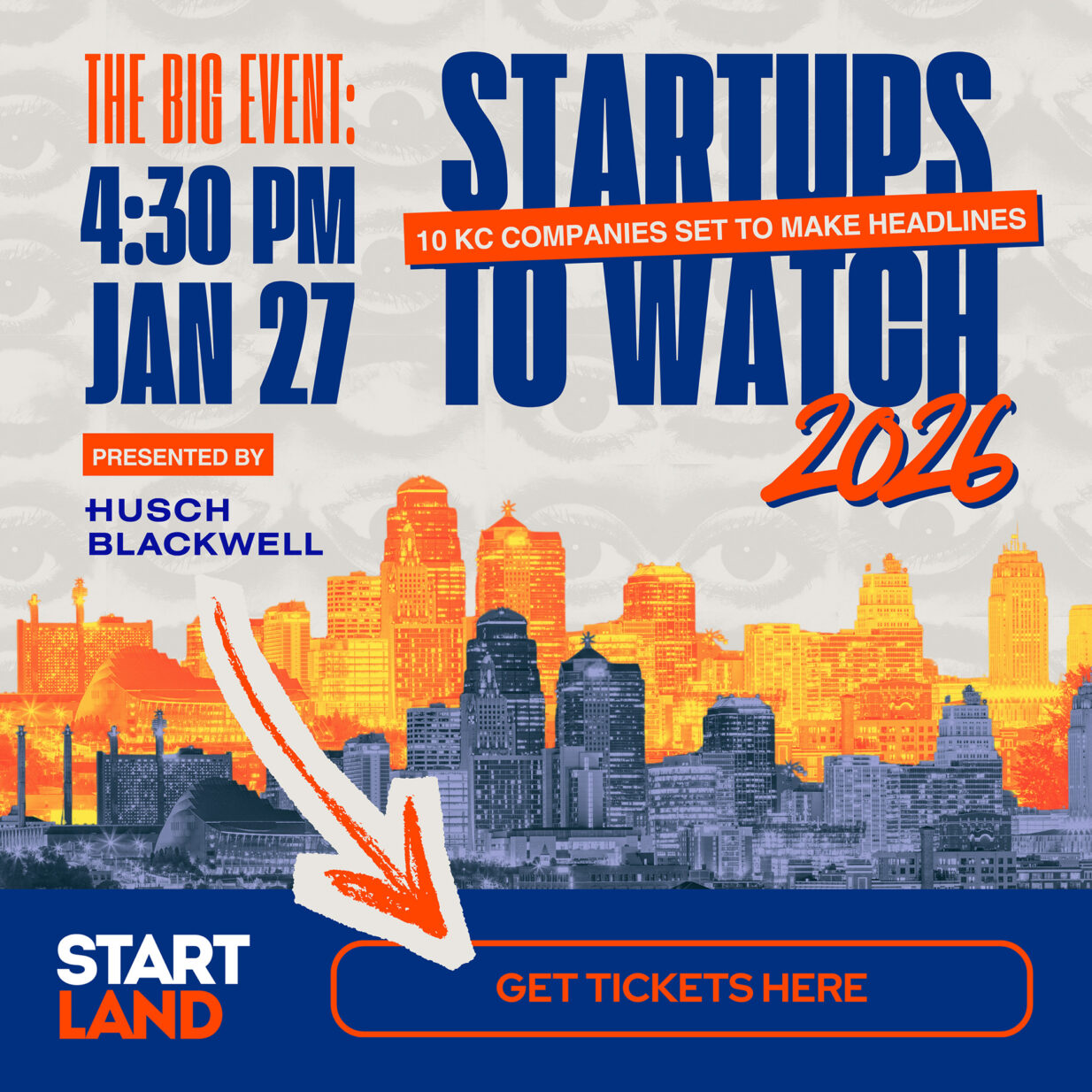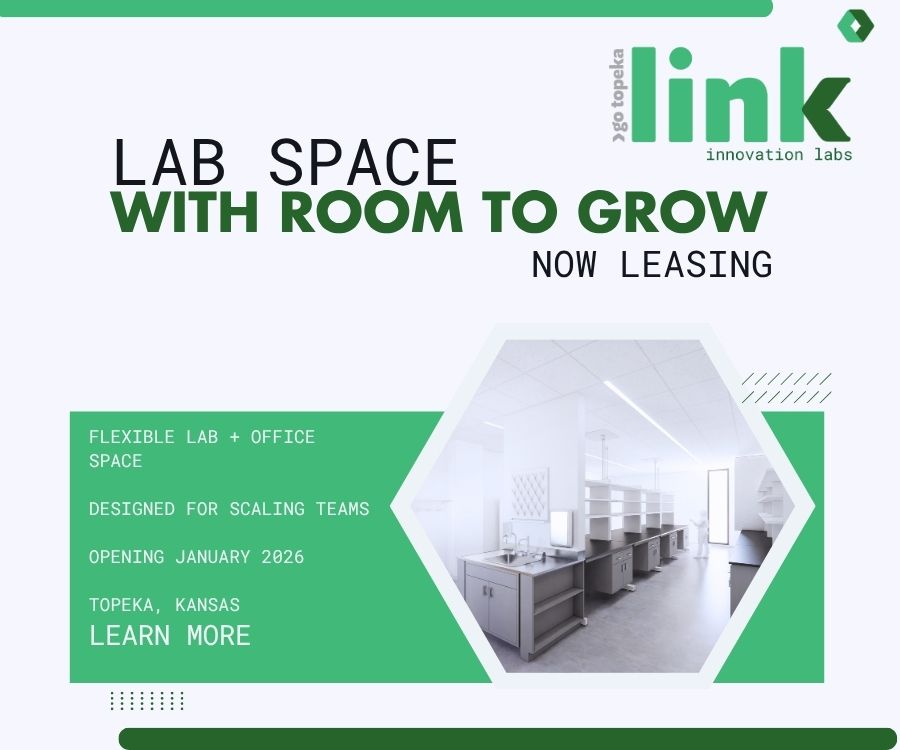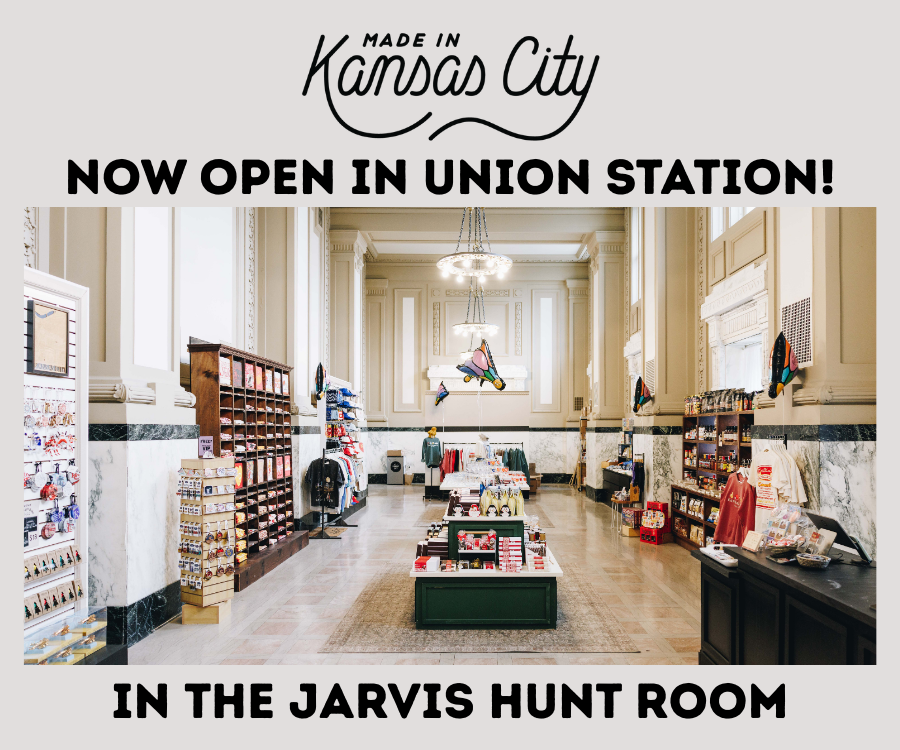Startland News’ Startup Road Trip series explores innovative and uncommon ideas finding success in rural America and Midwestern startup hubs outside the Kansas City metro. This series is possible thanks to the Ewing Marion Kauffman Foundation, which leads a collaborative, nationwide effort to identify and remove large and small barriers to new business creation.
TOPEKA — Kansas’ capital city is developing a critical mass issue, but it isn’t limiting startup potential, said Samer Al-Murrani.
“It’s a small town, but I think we are very well-situated and smack dab in the middle of the animal health corridor,”Al-Murrani said of the reasons he’s chosen to establish a stronger presence for his startup — Bimini Animal Health, a private label and custom manufactured pet supplements company — in Topeka.
“I believe there’s a lot going for this area … Washburn University has a biology program. 20 miles to the east there’s KU, 40 miles to the west there’s K-State — both Research 1 universities with programs that will really be able to drive the right kind of people that you need [to build a life sciences company],” he said.
The Joint Economic Development Organization (JEDO) in Topeka approved a capital investment in Bimini valued at $1.1 million during a board meeting Wednesday.
“Bimini Pet Health will prove to be a significant addition to Topeka and Shawnee County’s business community. As we’ve learned from the recent Plug and Play announcement, Topeka is a prime location for animal health sciences,” Bill Riphahn, Shawnee County Commissioner, said in a release.
“It is important to acknowledge the growth in this field, as I and many others are certain this is only the beginning of the boom that Topeka will experience in the animal health industry,” Riphahn continued.
Click here to read about the intended launch of the Plug and Play accelerator in Topeka.
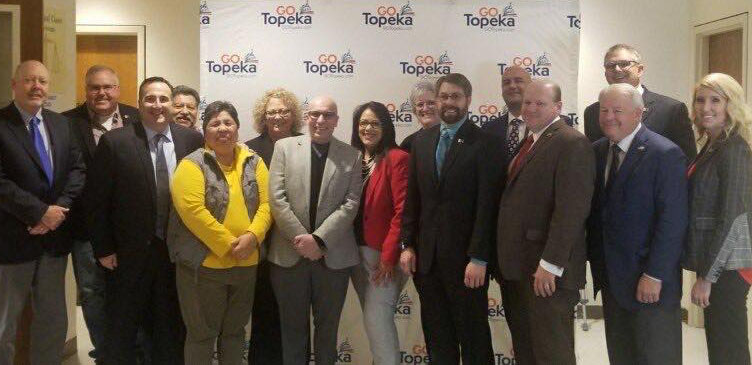
Bimini Animal Health with the Joint Economic Development Organization (JEDO) in Topeka
As part of the expansion, Bimini has purchased a building — its first step beyond online sales — and is expected to create four, full-time jobs as its team begins to scale beyond its current, two person operation — save for help from Al-Murrani’s wife and children, he joked.
“If you put your mind to it, there is always success at the end — but you have to work at it. So we did work at it and we’re here today [becoming] an actual brick-and-mortar company. That’s a big transition for us,” he said, noting the startup had been entirely bootstrapped, prior to the incentives.
The company’s involvement with the City of Topeka — thanks in large part to a strong relationship with GO Topeka, the city’s economic growth engine — further signals westward momentum in ecosystem building, Al-Murrani said.
“We shouldn’t forget about rural areas. If you consider, for example, Manhattan – it’s more rural than it is urban but there’s a Research 1 university,” he explained. “Not only that, but they have a vet school and they have a food science department. The more that we link all of these pieces together, the more that we use the expertise, the science that’s in our area with the people in our area — industries [can] engage right here at their doorstep, hopefully building even bigger companies.”
Building Bimini hasn’t been a walk in the park, but it hasn’t been a headache either, Al-Murrani said, noting he and the company are on the right path at the right time.
“I was fired from my job and as I was thinking about how to move forward with life. I decided to start my own business,” he recalled, reminiscing about his career in academia — a field in which he had frustrations because it limited him from creating.
“Being fired freed me from being too complacent,” he said. “Let’s put it this way: If we turned the clocks back and I was not fired, I don’t know that I would be doing what I’m doing. I would not have had the incentive to do anything [with this desire.]”
Unafraid to get messy, Al-Murrani thinks of himself now as a maker — not just a founder, he said, explaining the startup’s evolution from a supplements company to a full-fledged manufacturer.
“You cannot protect a growing business if you don’t own at least some of the manufacturing,” he said of the company’s pivot.
“We’ve evolved from being, really, an on-paper company to doing just a little bit of our own stuff to now, actually having the capability to make our own stuff right here in Topeka,” he said noting the overall impact of the decision to expand operations with the help of the city.
The project is expected to return an economic impact of $17.7 million over the next 10 years, the city said.
Click here to read about further momentum within the animal health corridor and the relocation of Silicon Valley-born, Scollar.
This story is possible thanks to support from the Ewing Marion Kauffman Foundation, a private, nonpartisan foundation that works together with communities in education and entrepreneurship to create uncommon solutions and empower people to shape their futures and be successful.
For more information, visit www.kauffman.org and connect at www.twitter.com/kauffmanfdn and www.facebook.com/kauffmanfdn






